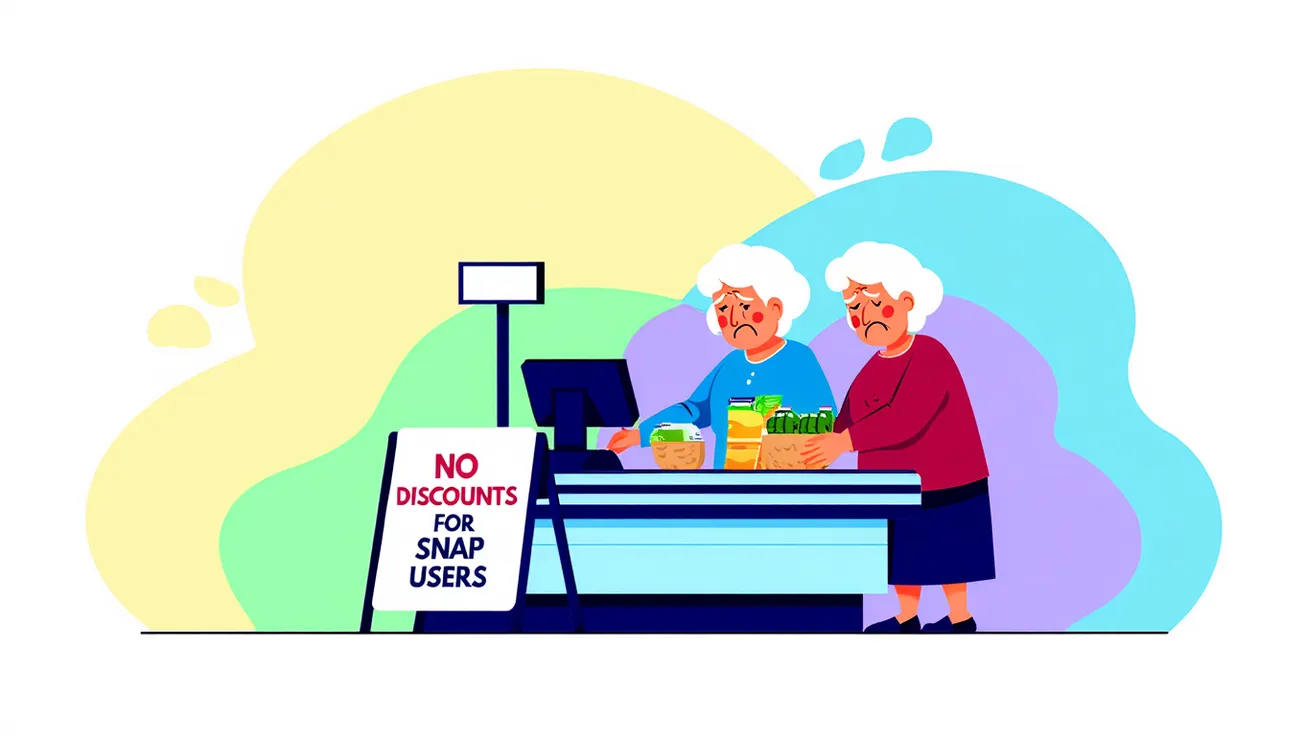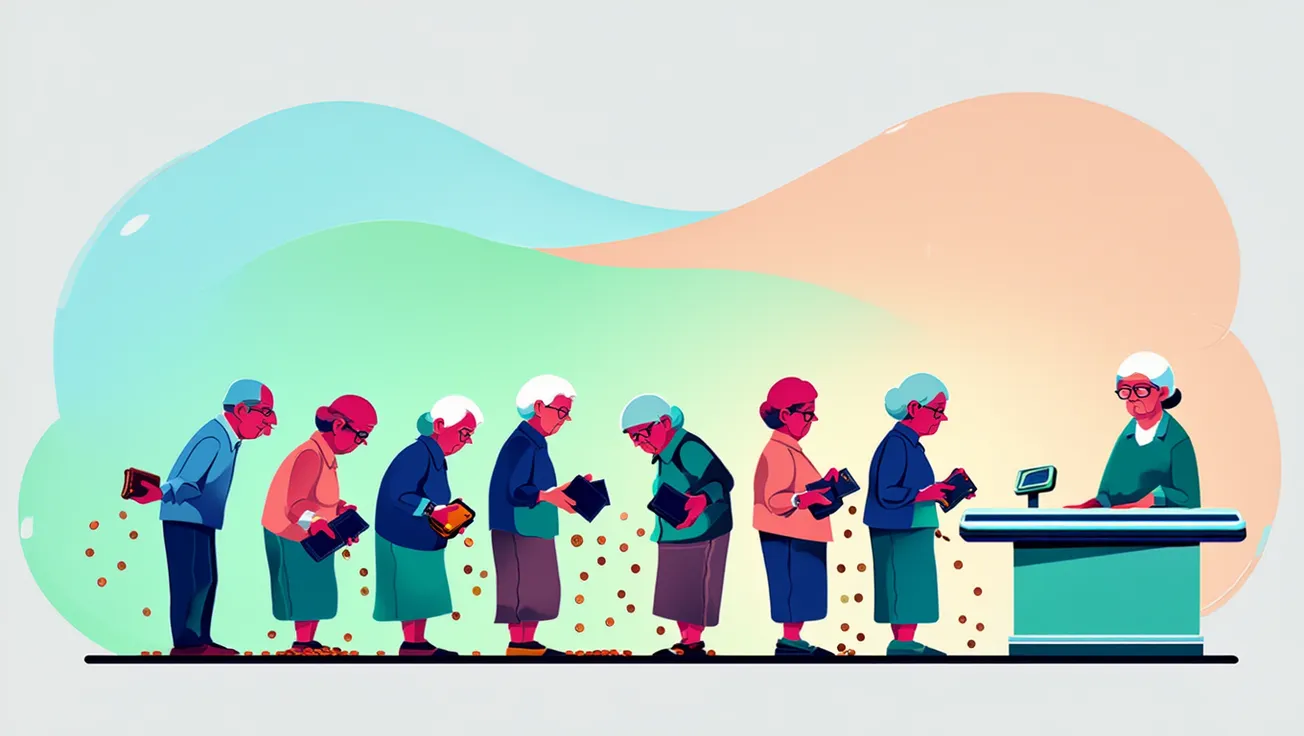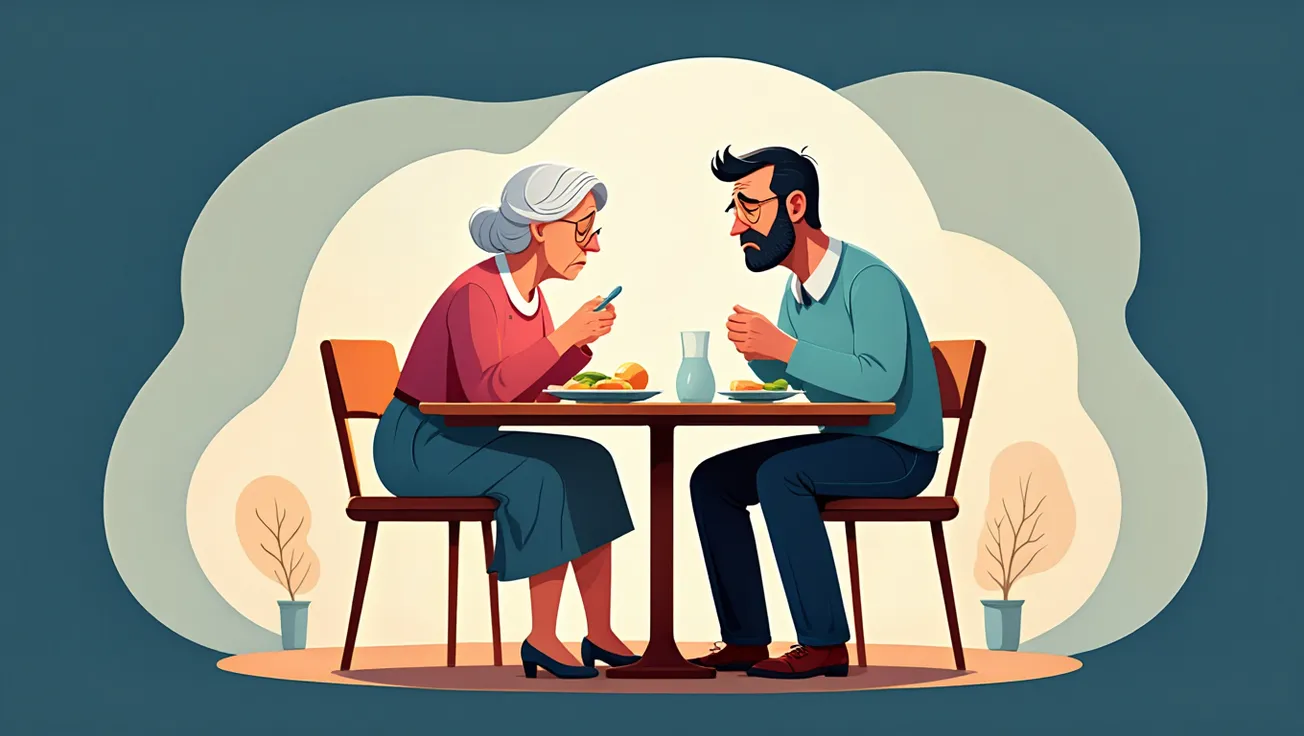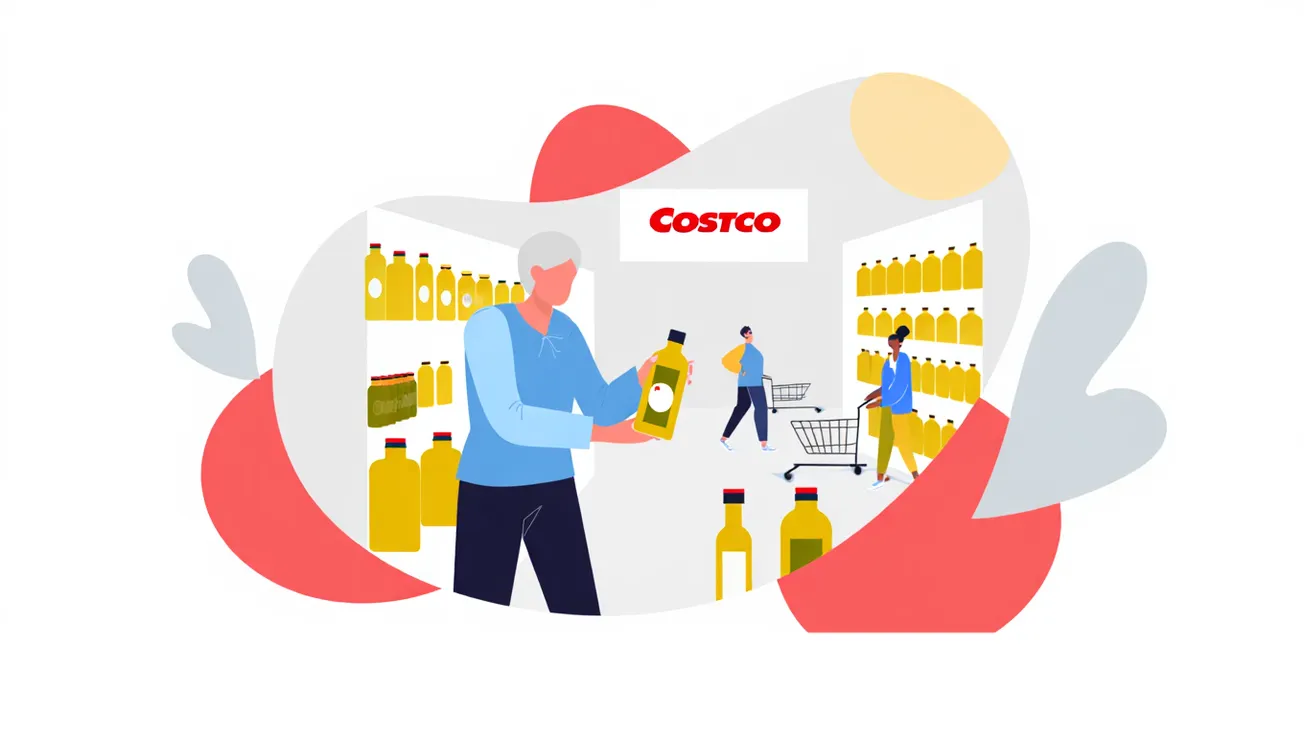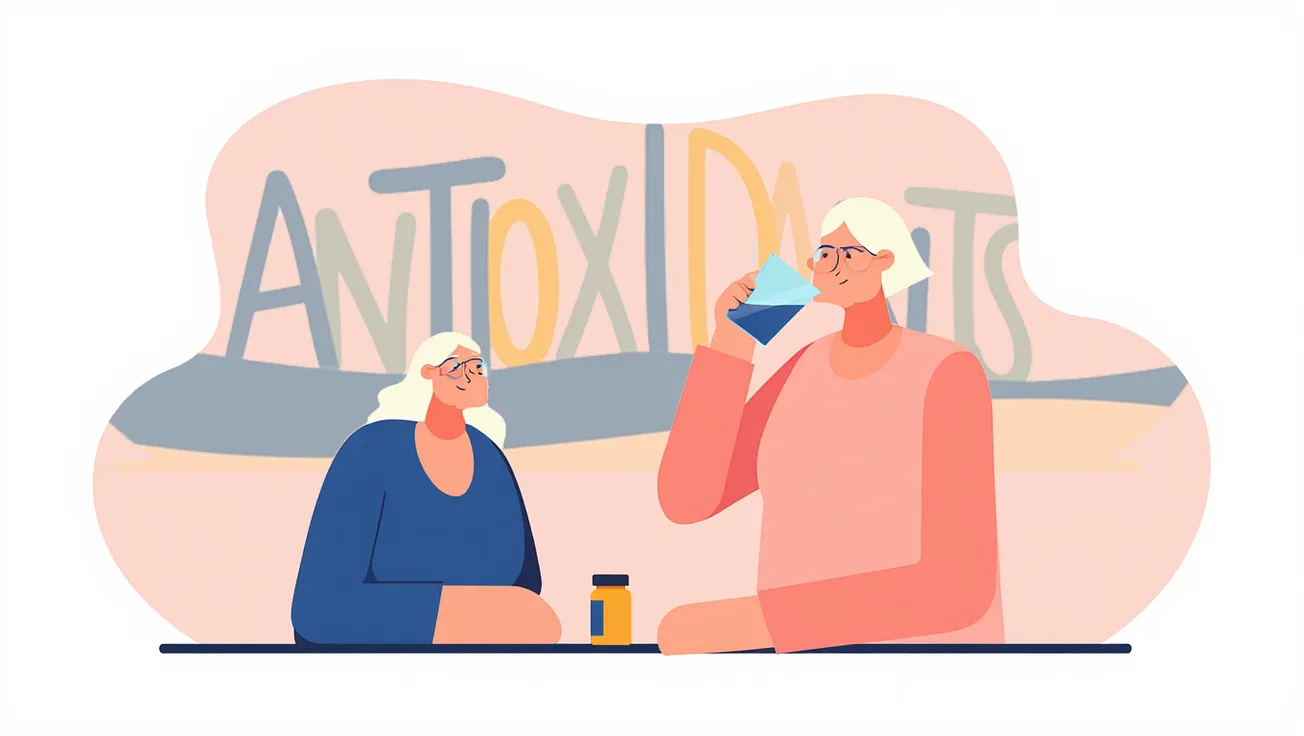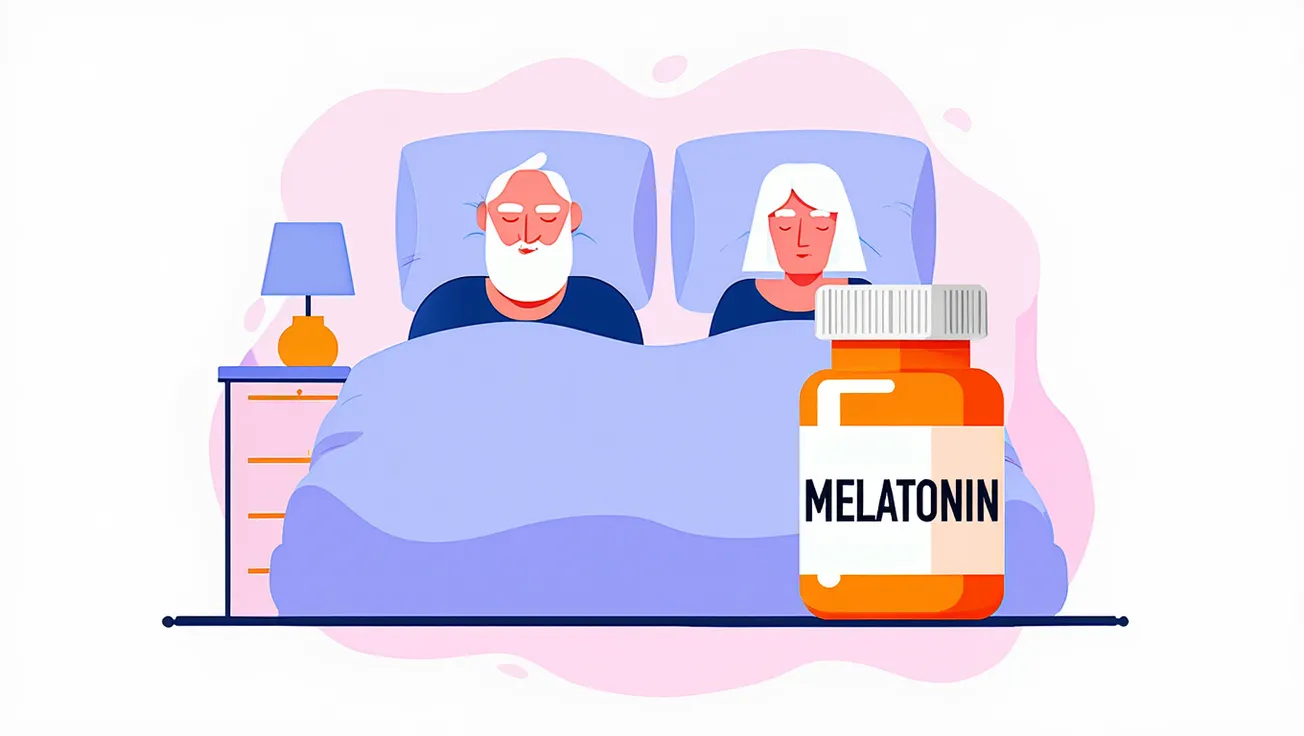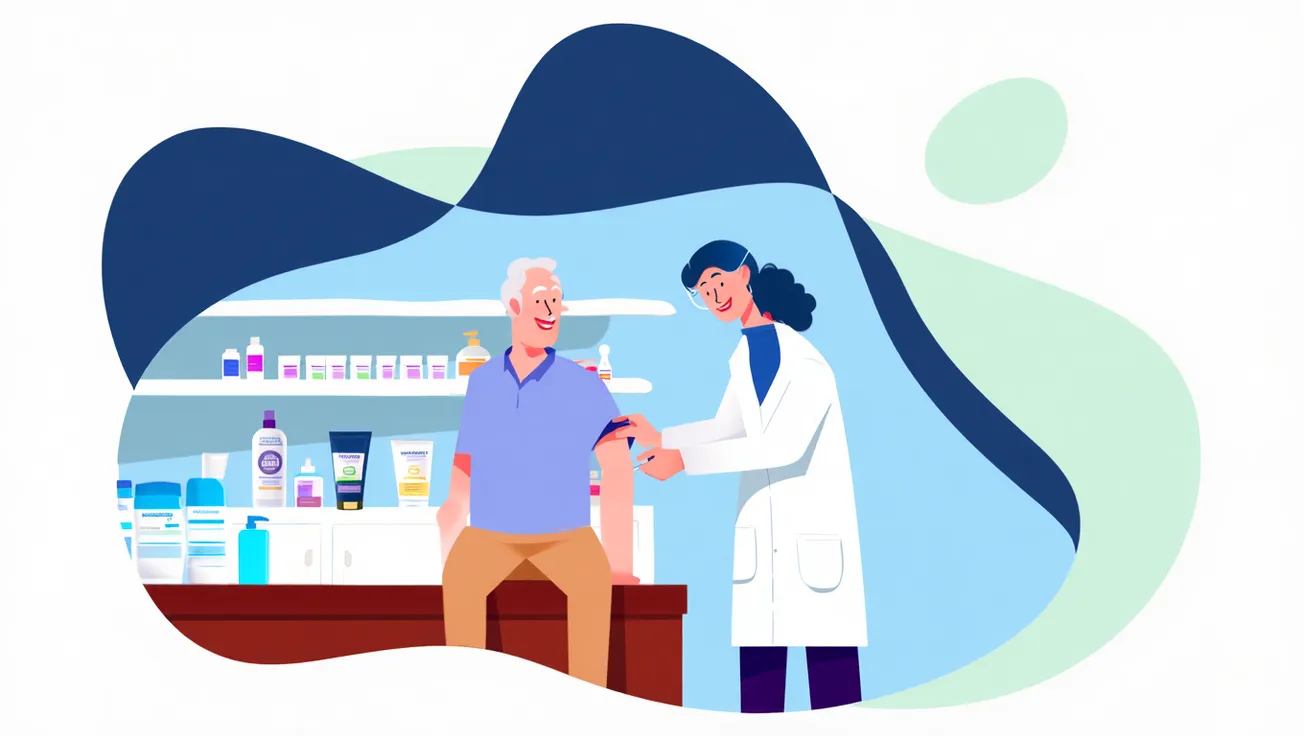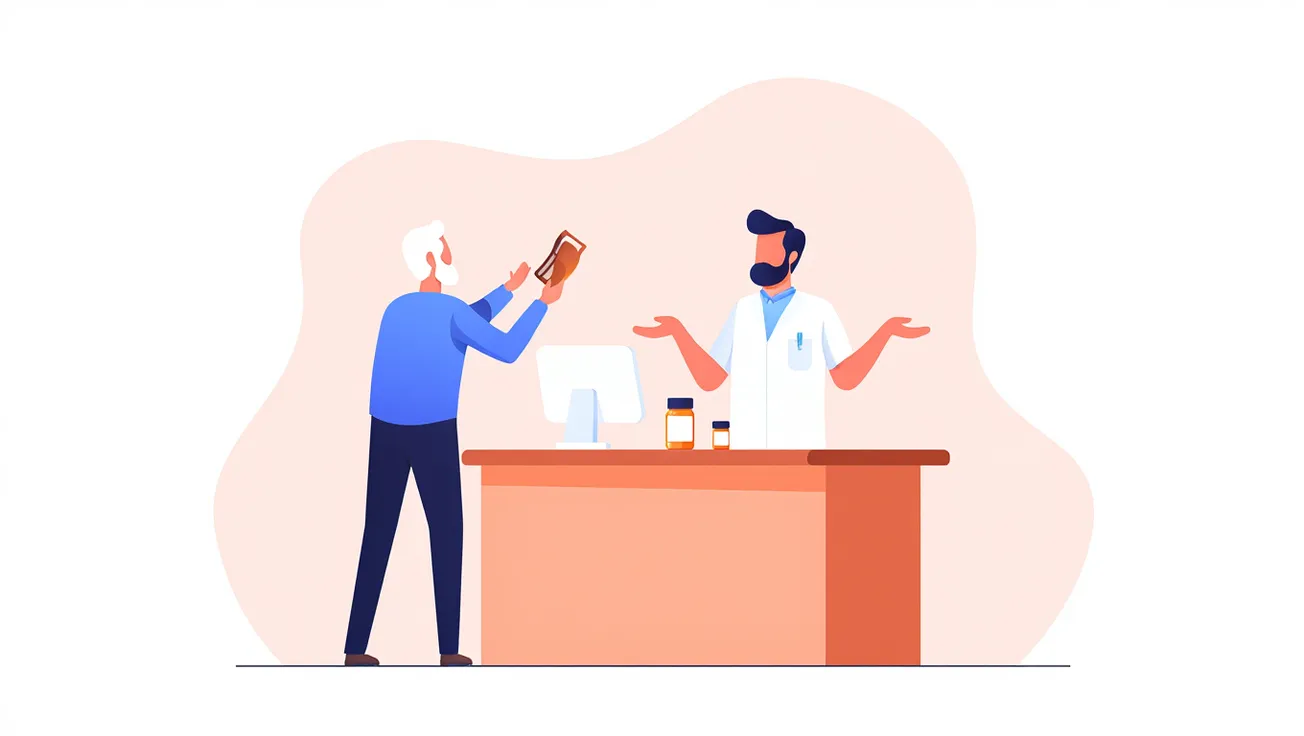If You Read Nothing Else
The USDA has told grocery stores they can’t give special discounts to SNAP recipients unless they first get a federal waiver. The move — tied to an old “Equal Treatment” rule — is meant to prevent discrimination, but it’s leaving low-income seniors with even fewer options as SNAP payments are delayed and cut in half during the ongoing government shutdown.
For millions of older Americans who rely on food stamps to make ends meet, every dollar counts. And as the government shutdown stretches into another week, that dollar is shrinking fast.
According to Snopes, the U.S. Department of Agriculture (USDA) recently reminded retailers that it’s a violation of federal rules to offer discounts only to SNAP customers — even when those customers are struggling because their benefits have been frozen.
The notice, posted on the USDA’s website, reads:
“Offering discounts or services only to SNAP-paying customers is a SNAP violation unless you have a SNAP Equal Treatment Waiver.”
That rule — known as the SNAP Equal Treatment Rule — was created decades ago to prevent stores from charging SNAP customers more than everyone else. But this is the first time it’s been used to stop stores from charging them less.
In other words, if your local grocer wants to run a “Help Our SNAP Families” sale, they need USDA approval first.
Two federal judges have already ruled that halting SNAP payments was unlawful, but the Trump administration says it will restart benefits at only half the normal amount using emergency funds. That leaves many seniors trying to stretch $3 worth of benefits to cover $6 worth of groceries.
For older adults, that’s not a policy issue — it’s a pantry problem.
Food assistance advocates recommend that seniors hit hardest by the shutdown:
- Call 2-1-1 to find nearby food pantries or emergency meal services.
- Check with local senior centers or Meals on Wheels programs for temporary help.
- Ask grocery managers whether their stores have applied for a USDA waiver allowing SNAP-friendly discounts.
SNAP — the Supplemental Nutrition Assistance Program — has been around since 1964. But in 2025, for the first time in its history, the money ran out mid-year. And for millions of older Americans living on fixed incomes, that historic first has a painful price tag.
Disclaimer: This article is for informational purposes only and should not be considered financial or legal advice. Seniors concerned about SNAP benefits or eligibility should contact their local Department of Social Services or the USDA’s Food and Nutrition Service.


